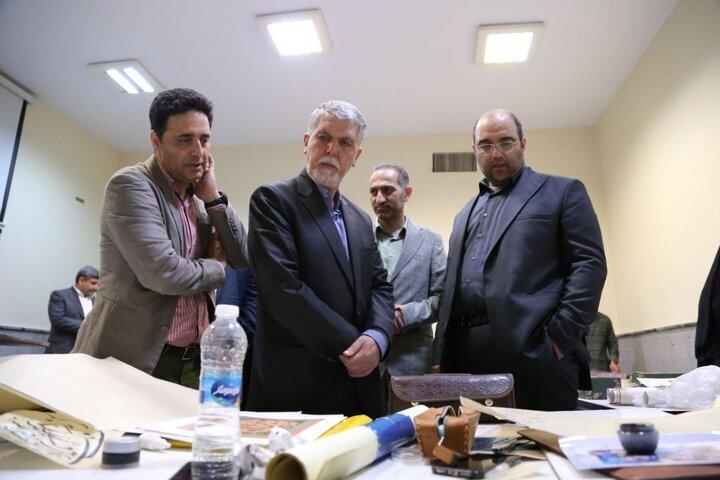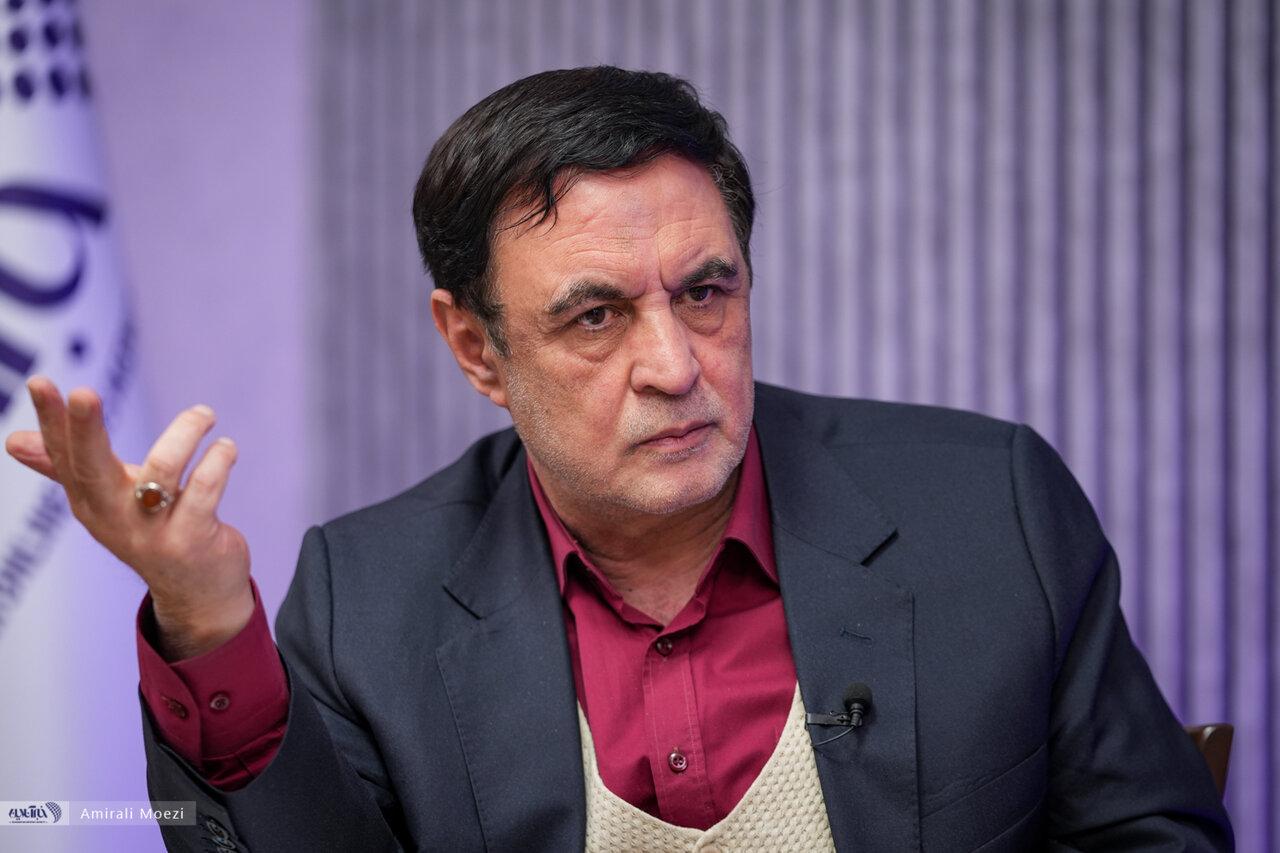Arab and Islamic airspace blockade would damage Israel, finds UAE think tank
Arab and Islamic airspace blockade would damage Israel, finds UAE think tank

An Emirati-owned think tank has published a paper assessing the economic, political and security impact of a potential coordinated airspace blockade against Israel by Arab and Muslim-majority countries.
The paper, published by Al Habtoor Research Centre on Wednesday, said the catalyst for such a coordinated action would be Israel’s strike on Doha on 9 September that targeted Hamas officials.
The strike killed six people, including a Qatari security officer. None of the Hamas top brass were killed.
On Monday, an emergency summit was held jointly in the Qatari capital by representatives of the 57 member Organisation of Islamic Cooperation (OIC), as well as the Arab League, to discuss the regional response to Israel’s escalation.
Al Habtoor Research Centre concluded that a coordinated airspace blockade in response to Israeli actions would inflict severe damage on Israel across multiple sectors of its economy.
The report estimated that it would cause Israel’s GDP to contract between 4.8 and 5.7 percent, which would trigger a recession.
A wide-scale blockade including OIC members such as Turkey, Pakistan and Indonesia would sever direct flights to Israel’s east and south, creating a significant barrier to high growth markets in Asia and Africa.
It estimated that detours which added four to six hours to flights could cost between $30,000 to $60,000 per flight. Israeli airline El-Al would likely suffer a reduction of revenue of between 60 to 75 percent, according to a “conservative estimate”.
Such a move, according to the paper, would disrupt tourism to Israel, and high-value time-sensitive exports like diamonds and medical equipment.
It would likely cause contract cancellations, as well as a potential exodus of research and development initiatives based in Israel.
Beyond the economic consequences, the paper stated that such a bold move would fundamentally re-order the regional geopolitical landscape.
Gulf countries, and in particular Qatar, have long relied on the US as a major security and diplomatic partner.
Washington’s failure to stop Israel from carrying out an attack in a country hosting over 8,000 American personnel has sparked conversations about a diversification of strategic partnerships.
Al Habtoor Research Centre said that an Arab and Islamic air blockade would foster a new region-driven security architecture that would present a diplomatic crisis for the US, which would be forced to choose between its ally Israel or its vital partnerships in the Arab world.
Benjamin Netanyahu, Israel's prime minister, said earlier this week that Israel faces “isolation” on the global stage, and would need to adapt to an economy with “autarkic characteristics”, referring to economic self-sufficiency.
“I am a believer in the free market, but we may find ourselves in a situation where our arms industries are blocked. We will need to develop arms industries here - not only research and development, but also the ability to produce what we need,” he said.
“We'll need to develop weapons industries here. We're going to be Athens and super Sparta. Over the next few years, we'll have no other choice. We'll have to defend ourselves and know how to attack our enemies,” he added, in an apparent reference to the ancient Greek city states' wars with Persia.
The comments come after the Israeli genocide in Gaza has prompted several European countries to call for arms embargoes and economic sanctions against Israel.
'Effective pressure tools'
The research centre's report described the potential joint action as a “gray zone”, which it said was “a highly coercive act that exists in the ambiguous space between peace and declared war”.
An Israeli response that forcibly challenges the blockade, it predicted, could create a wider regional conflict, which may even draw in Gulf states, Iran, and Iran-aligned groups in the region.
Another scenario, which the report put at a lower probability, was that this move could force Israel to de-escalate and make formal concessions.
'We have effective pressure tools capable of exerting influence on Israel without shedding a single drop of blood'
- Khalaf Ahmad al-Habtoor, Emirati businessman
The paper noted that a blockade could violate Article 9 of the Chicago Convention, which states that while airspace closures over military necessity or public safety are permissible, it must be non-discriminatory and not target specific nationalities.
The blockading states could argue that Israel’s strike on Doha created a grave threat to their safety, but Israel and its allies would likely mount a legal challenge.
Such a coordinated action taking place may well be unlikely, given that it would draw the ire of the US, and would create economic costs for the blockading countries themselves.
The think tank was founded by Khalaf Ahmad al-Habtoor, a wealthy Emirati businessman.
“Since the beginning, I have said that we, as Arabs, possess an economic power that should not be underestimated,” Habtoor wrote on X on Wednesday.
“Today, I affirm that we have effective pressure tools capable of exerting influence on Israel without shedding a single drop of blood.”
He said that his research centre’s report showed that a unified decision would weaken Israel and force its leaders to reconsider their calculations.
He called on decision-makers to carefully review the report, and to consider other tools, “activating mechanisms for unified economic coordination that prioritise the protection of our people and sovereignty above all else”.
“Let us declare it clearly: as Arabs, we have real and effective pressure tools. If we unite, the world will have to recalculate, and our patience is not weakness but a strategy.”
The UAE, as well as Bahrain, Morocco and Sudan, established full relations with Israel as part of the Donald Trump-brokered Abraham Accords in 2020.
Israel's genocide in Gaza has brought about condemnation from these countries, but not a suspension or withdrawal of the accords.
The Emirates described Israel’s attack on Doha as a “treacherous aggression”, which analysts have noted may be indicative of change of diplomatic direction in future.








